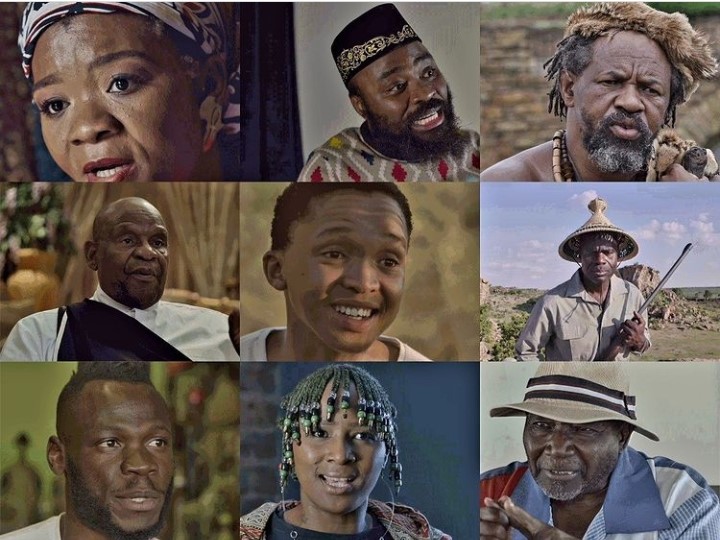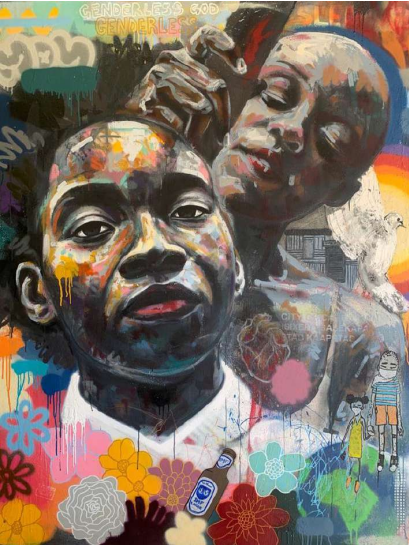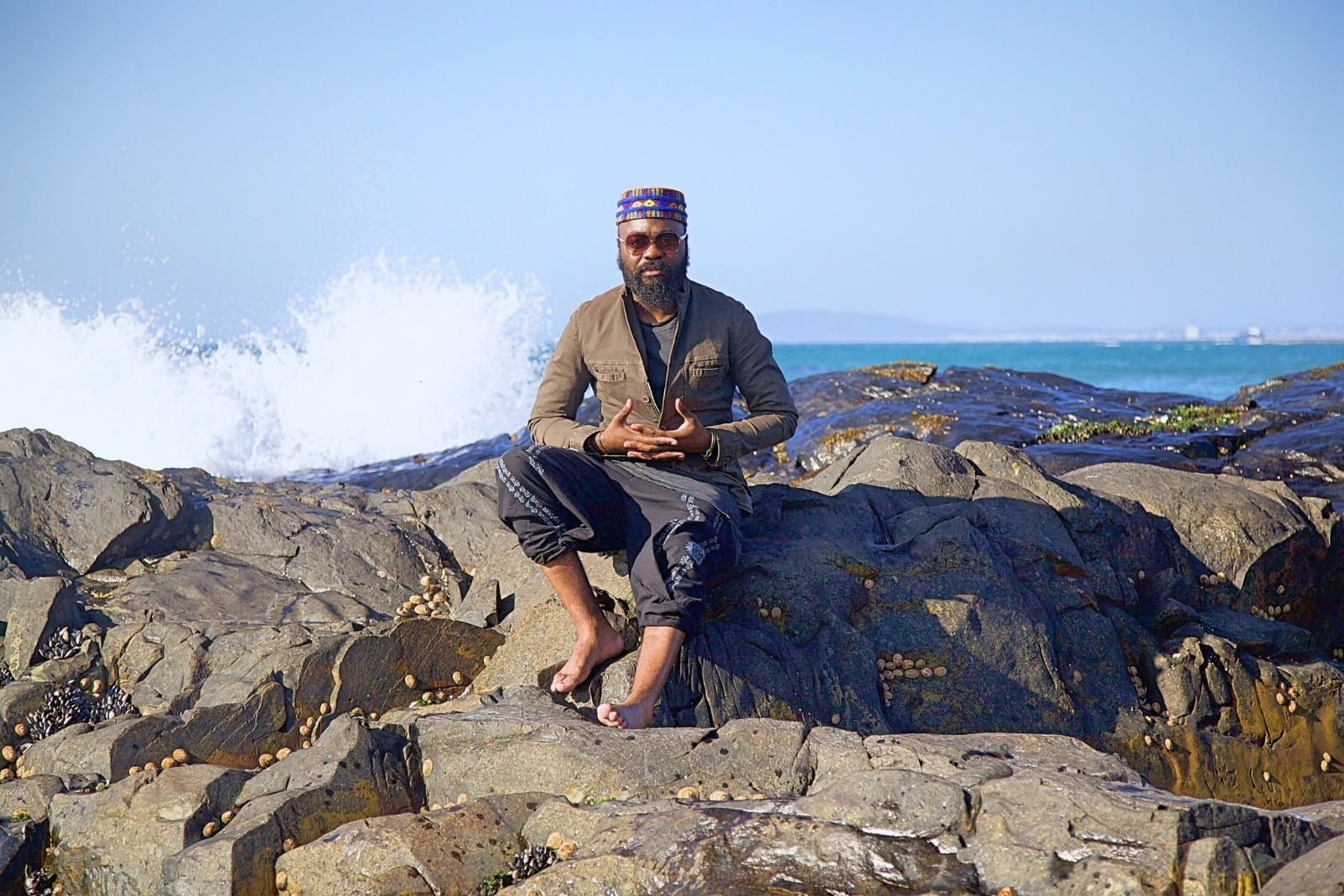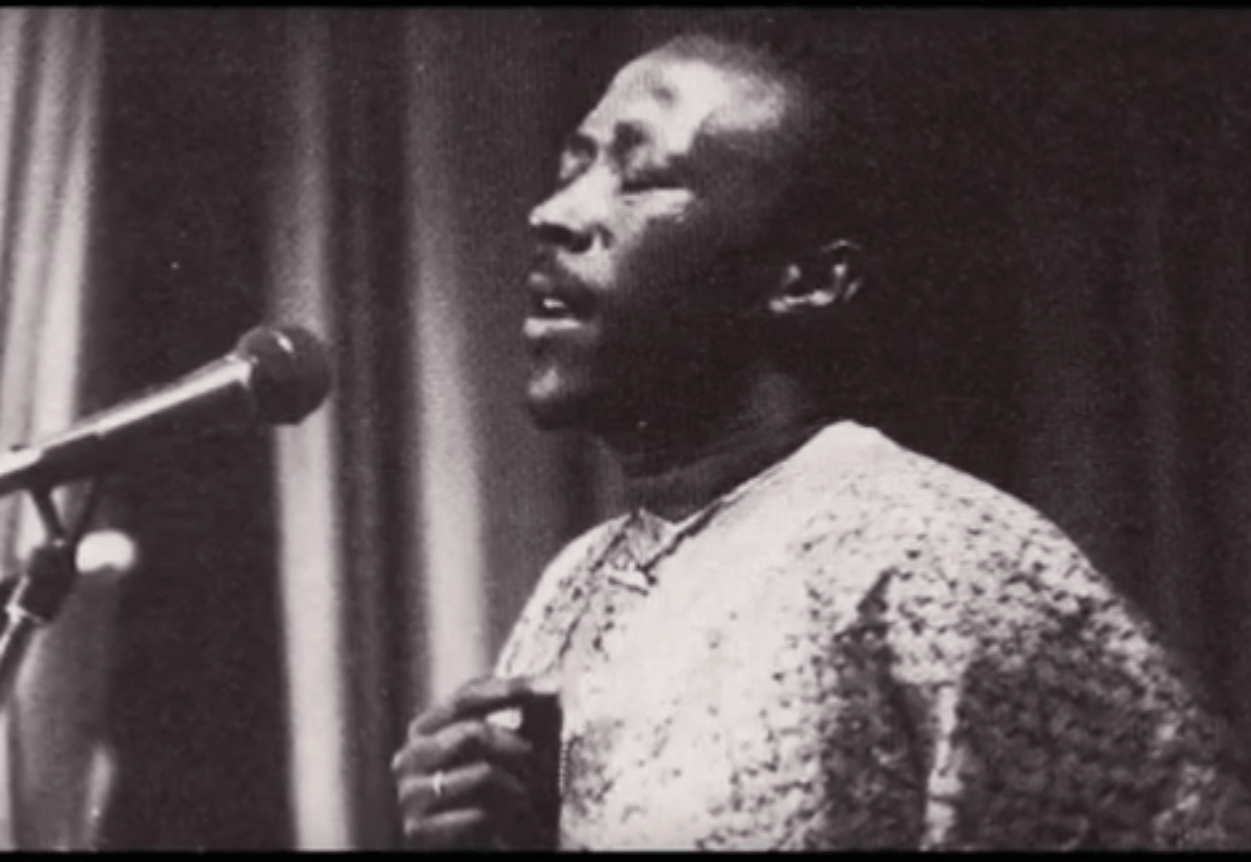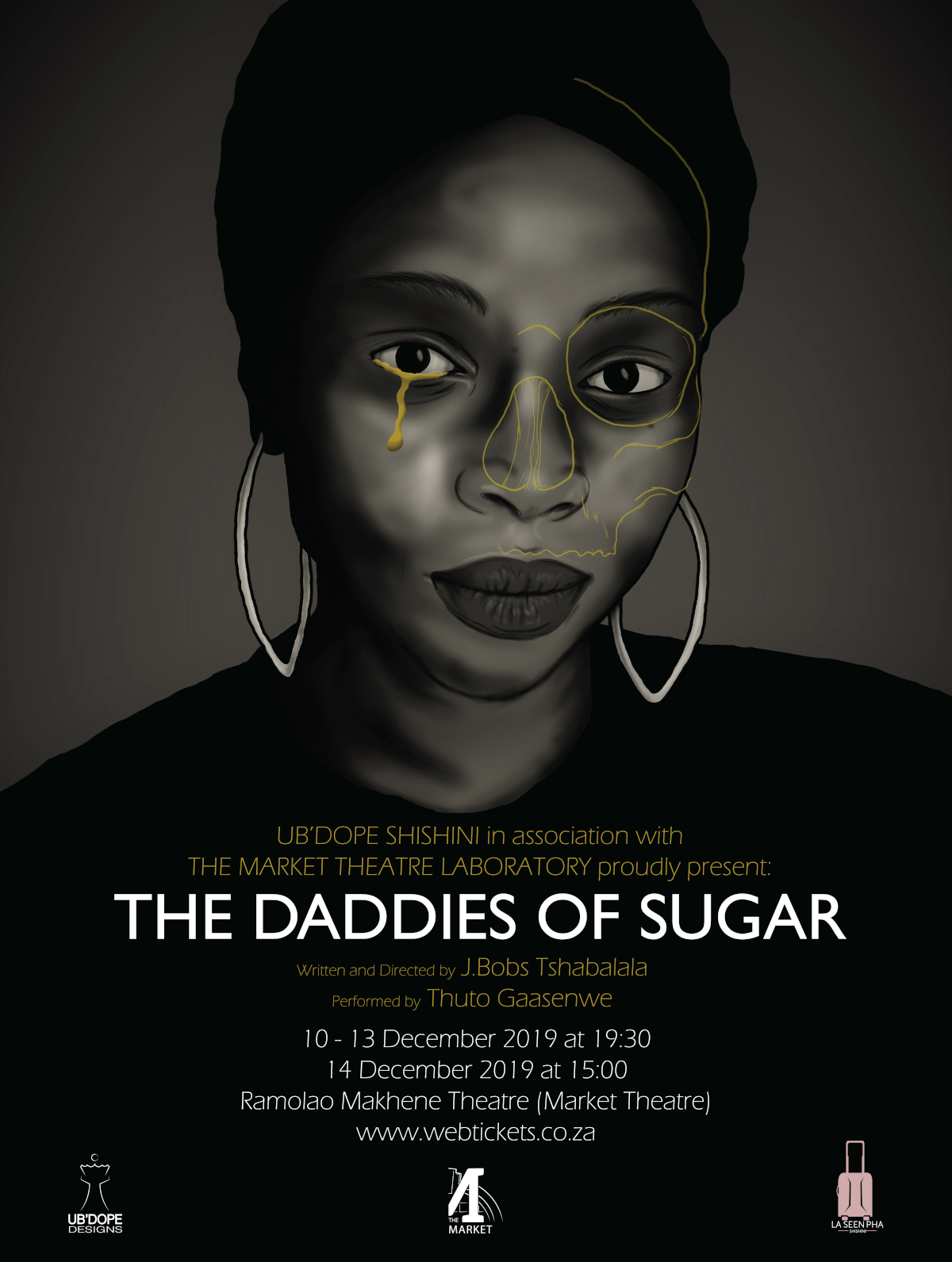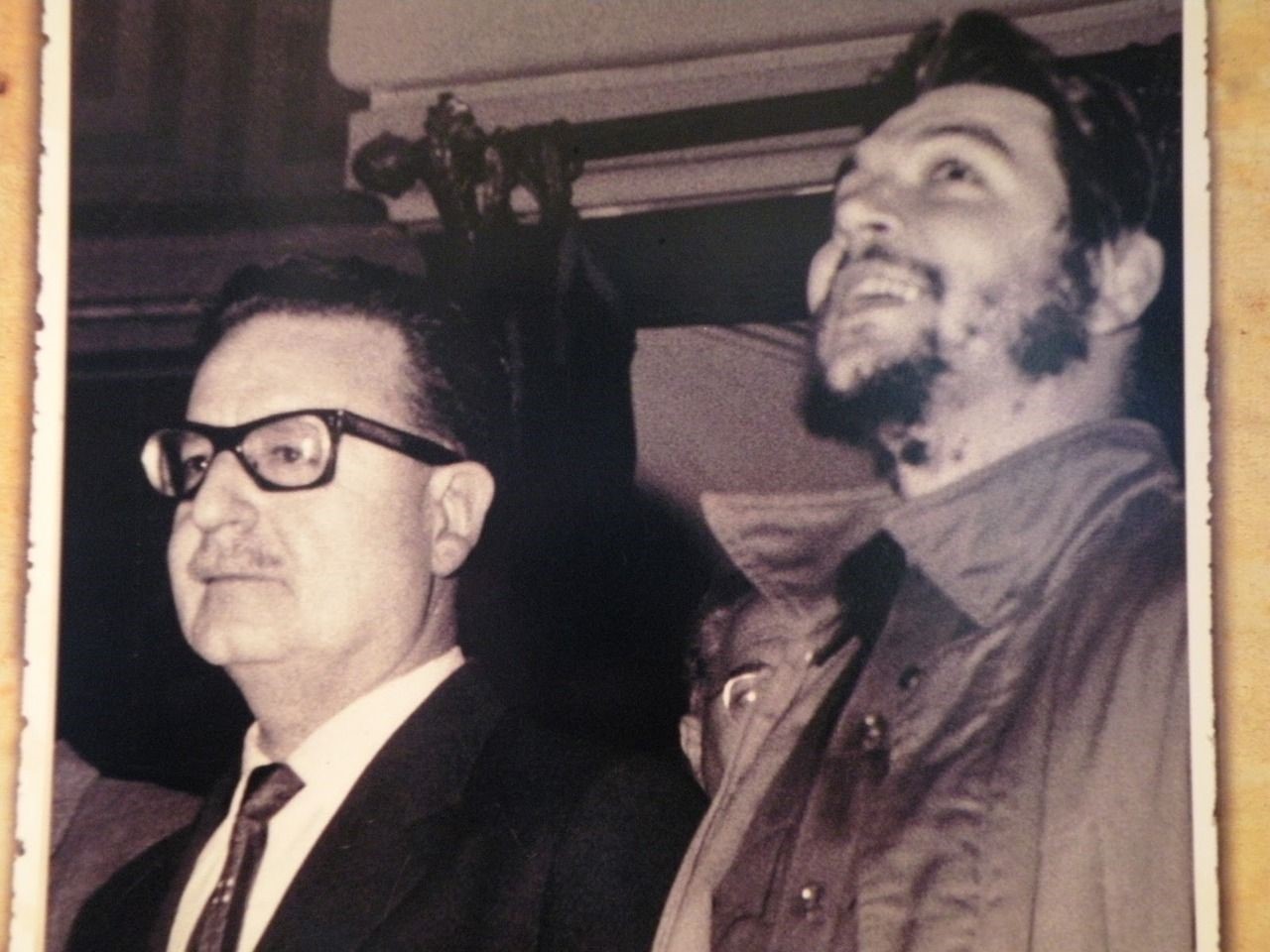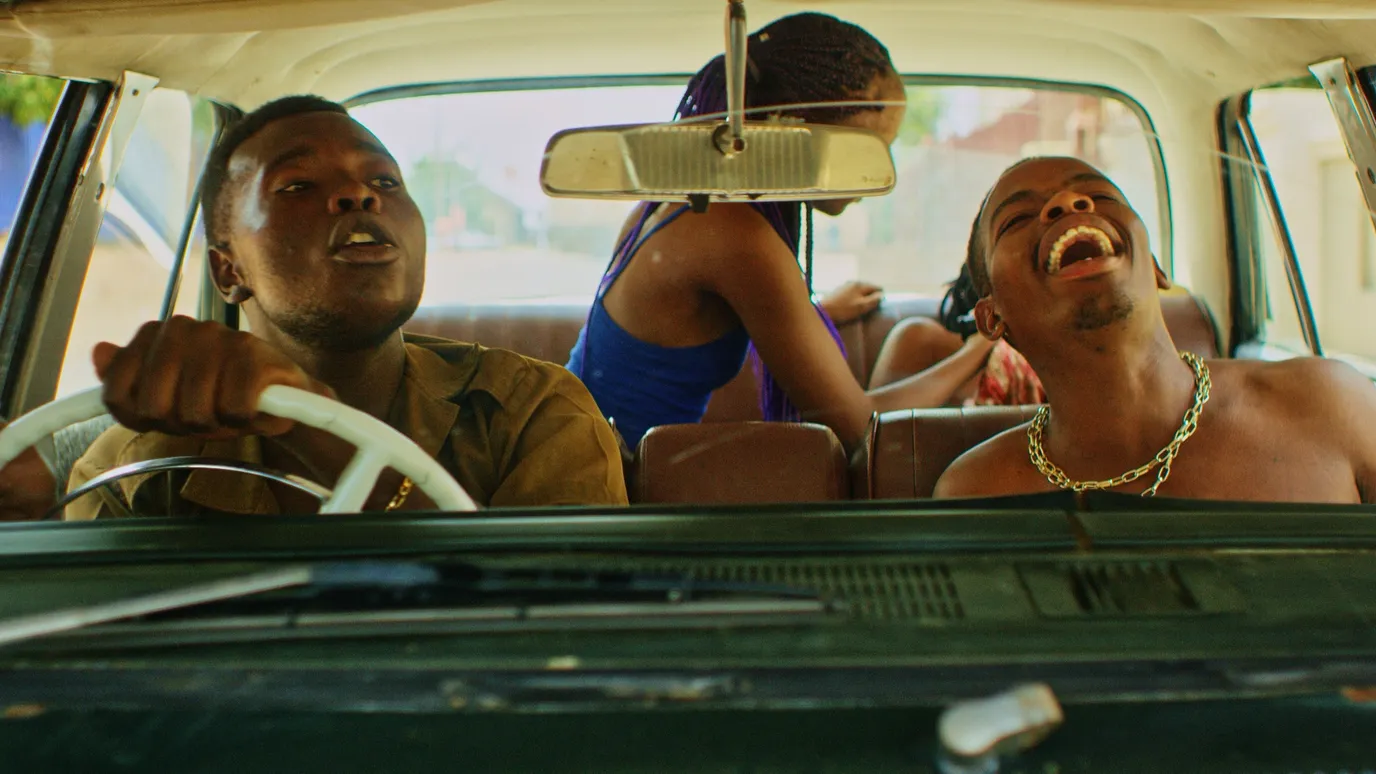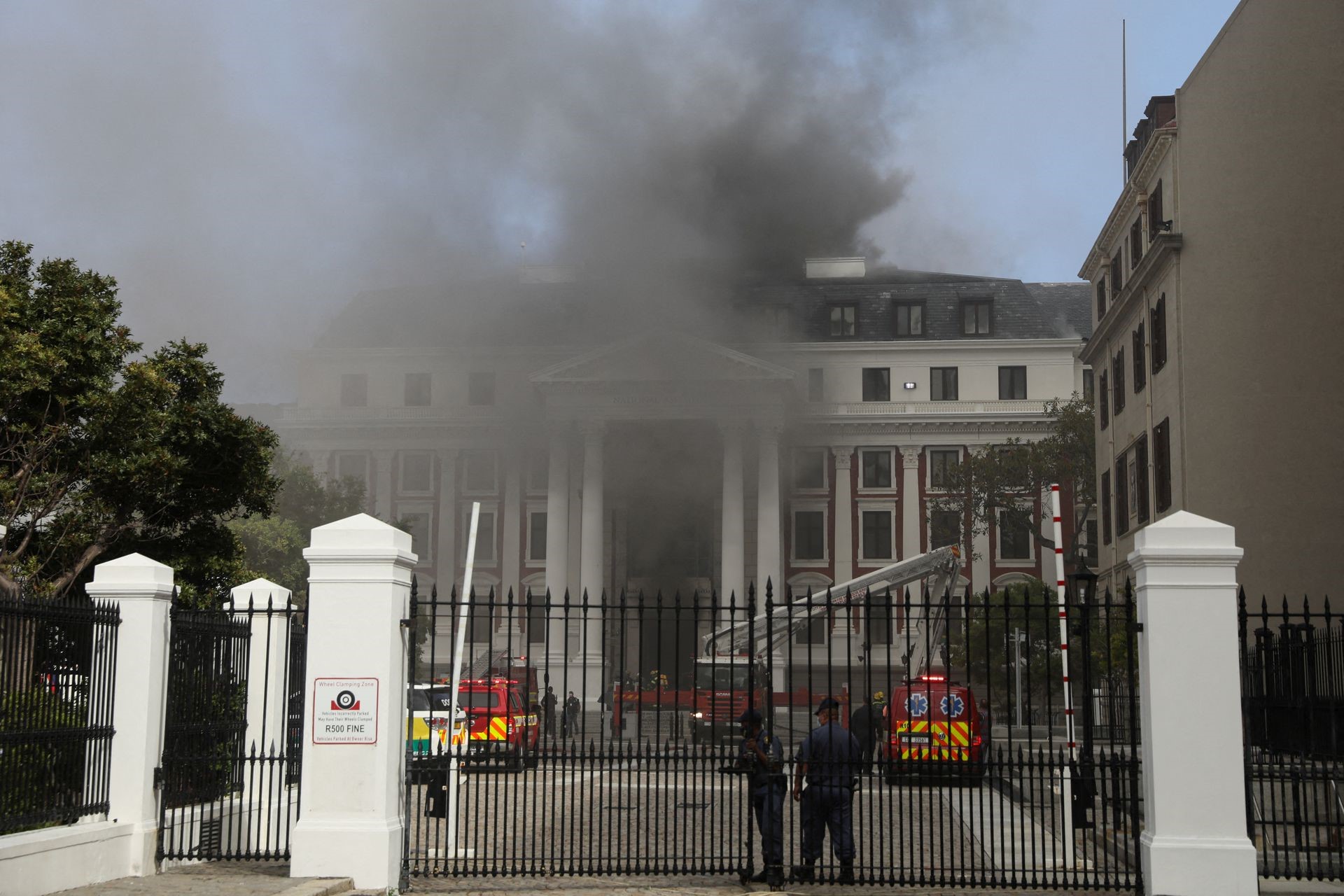“In order for a people to know where they are going, they must know where they come from” opens Mapungubwe: Echoes in the Valley. The story features interwoven storylines on heritage, spirituality, land, trade and migration, culture and identity, the archive and governance as aspects that rooted and spirited Africans from Iron Age until today. These key themes are the pillars explored through each of the six documentary episodes, narrated primarily by the series director Mandla Dube, joined by Xolelwa Kashe-Katiya. Apart from exploring Mapungubwe and its surrounds, the series also travels to Accra, Ghana to connect African beliefs and histories. The documentary series argues that at our core, much of our African spirit is common.
In its exploration, the series journeys between the past and present, zooming in on untapped elements of Mapungubwe’s history and its neighbours, adversaries, and descendants. It brings together stories from across South Africa, Botswana, Zimbabwe, Ghana, and China in effort to discover the expertise, knowledge and skills that forged a dynasty that was the melting pot of Iron Age Southern-Africa.
In its exploration, the series journeys between the past and present, zooming in on untapped elements of Mapungubwe’s history and its neighbours, adversaries, and descendants. It brings together stories from across South Africa, Botswana, Zimbabwe, Ghana, and China in effort to discover the expertise, knowledge and skills that forged a dynasty that was the melting pot of Iron Age Southern-Africa.
Each episode opens with a poem, “when the first sun rose, if found us awake and waiting. Long before they came to the hills, our footsteps shaped the landscape...” This anchors the documentary series as an artistic project, using film media to engage African belief systems.
In each episode, spirituality is explored as memory, self-discovery, life force and awareness of the world. The narrative relies on diverse voices, academics, spiritual healers, cultural workers, arts practitioners and participants in African belief systems.
Heritage & Spirituality
There is an account of a spiritual history of Mapungubwe and related sites of traditional heritage offered by series narrators, cultural workers (such as tour guide, Johannes Masalesa) and academics, notably scholar of African Studies, Professor Obadele Kambon.
The six-part visual document expresses how much of academia and systems of science declare African narratives as irrational or impossible, while also violating rituals and beliefs through their research, in some ways exhuming African heritage which must be reclaimed or ‘reburied’.
African history includes disruption through coloniality and exploitation, up to the present reclaiming of the space, which is a specific focus of the documentary series. Various voices speak to how contemporary Southern Africans have ‘lost their footing’ due to non-remembrance, ethnic division and an embrace of imposed cultural norms, including an insert by Credo Mutwa commenting on how white missionaries and cultural norms have forced African beliefs ‘underground’.
“The tribe needs to die... so that you can get the richer knowledge” explains Kashe-Katiya in the second episode. The documentary series dedicates most of its runtime to explaining similarities between Southern African people, the links of various traditional beliefs, and then the ways in which the heritage of people in Ghana follow the same traces of spirituality.
A lot is discussed around the material richness of Mapungubwe, such as its systems of craft and trade. African scholars comment on the links between cosmology, design and spirituality in golden craft jewellery and craft, while also giving immense historical information on migration, trade and colonial conquest.
Symbols & Rituals
There are various rituals, such as the offering of libations, the burial of one’s parents, and the reconnection with one’s ancestors that are displayed through narrative and visuals in the documentary series. Spiritual healer, Dineo Ndlanzi, comments on how rituals form part of spiritual identity. This is similar to how symbols are used for identification among tribal communities. Notably, the first episode focuses on rain prayers as a spiritual engagement with the material world.
Nduduzo Makhatini, a jazz musician, also connects spirituality to rituals since a burial is a renewal of vows. We see, in the documentary, the pouring of libation to alert ancestors of the coming burial, musical ritual performed with ululation, chanting and prayer.
These are offered as acts of meaning, identity and discovery, both for the living and in service of our ancestors. For instance, the reburial of one’s ancestors channels their spirit to rest.
Some of the symbols explained in the documentary series are the umbilical cord as a connection to one’s ancestors and fertility and the Ankh as the coming together of two energies. “When those things are in harmony and synchronicity, then you are able to make life”.
Reburial
“The potency of a burial ground is that it’s the gateway to the ancestral realm”, says Xolelwa Kashe-Katiya from the Mapungubwe Institute for Strategic Reflection. “That’s what gives the actual location of a grave that potent factor”.
In the early episodes, the narrative explores the reburial of the filmmaker’s father and how this process became an opportunity to observe and learn about traditional beliefs which a modernised African youth have become distant to, as explored through the teenage voice of, Marubini Koka.
Africans were uprooted from their homes and spiritual places. Contemporary Africans experience a similar uprooting through the erasure of their cultural heritage and memory. So the act of reburial is to redress both ancestral and internal displacement.
We can rediscover these beliefs through engaging language, art and ritual. It is crucial to be guided, the documentary series also cautions. Lindiwe Ndebele Koka says that “the connection with ancestors and spirituality is also about memory” since memories come with the wisdom of those that came before.
Echoes In The Valley
For the series, our spirituality operates like echoes in a valley, loud but distant, vibrating against the walls. It remains up to us to follow its call.
In its totality, Mapungubwe, Echoes in the Valley Season 2 offers a strong foundation of African identity through its exploration of oral sciences, music, art, language and other inherent elements of culture and tradition. It also showcases existence of cosmology, architecture and other sciences and technologies that were thought to have not existed in Africa, whilst also confronting issues about land, traditional leadership, and religion.
The documentary series offers a message of common history and hope for the reclamation of our cultural heritage. While colonial upheaval, ethnic division and economic or political agendas have disrupted our connection to traditional beliefs, the series is hopeful. “We want them to go back to the source. To the source of light”.
*Watch Mapungubwe from Wednesday 3rd November 2021, on SABC 3 @ 21:00

